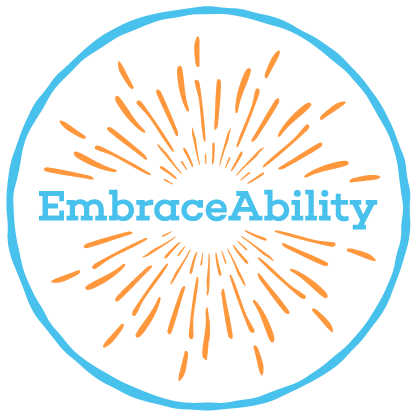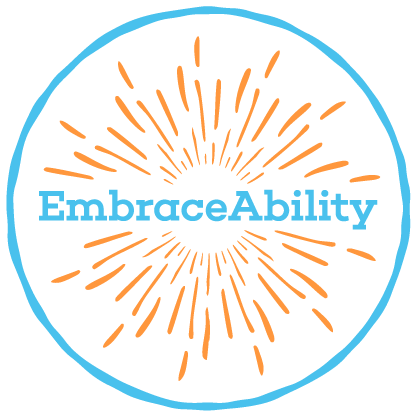Build back better or time to care?
‘Building back better’ has become the cliche of the Covid-19 pandemic. The United Nations Secretary-General has described inequality as the defining challenge of our era - one that the COVID-19 crisis has thrown into even greater relief. Covid-19’s immediate health impacts, coupled with its longer-term social and economic consequences, have cost more than a million lives, destroyed countless livelihoods, curtailed young people’s education, increased violence against women and threatened food security. The pandemic is expected to reverse decades of poverty reduction and worsen inequalities.
In response to the pandemic, the United Nations has developed a Socio-Economic Response Framework (SERF) to Covid-19. It recognises that, alongside the need to address the immediate impacts, the crisis also presents a once-in-a-generation opportunity to build back better for a more equal and sustainable world.
The catchphrase ‘build back better’ is centred around five pillars of
healthcare
social protection systems
job recovery for people-centred and environmentally sustainable economies
implementing gender-responsive policies based on international solidarity and multilateral collaboration
ensuring social cohesion.
In each policy area, the UN suggests efforts need to be underpinned by robust data on key inequality dimensions - including income, sex, age, race, ethnicity, migration status, disability, and geographic location and other characteristics relevant in national contexts.
Amid a round of international events, lectures, round table discussions and seminars the ‘build back better’ framework is another example of bad policy. International Institutions are concerned about falling behind the Sustainable Development Goals (SDG). The SDGs do not provide a roadmap for states to tackle the critical problems of our time but rather a set of colourful infographics.
The Covid-19 pandemic does open the gateways for reform. If we only have a once-in-a-generation opportunity to build back better for an equitable future, why are we building back on the framework which has failed us so many times? To echo Theo Sowa, CEO of the African Women’s Development Fund who is among others in cautioning that: ‘When people say ‘build back better’ I hope we are going to say ‘Build Better’ because the ‘back’ wasn’t good for us.’
So what would make the ‘better’ possible in terms of ways that would benefit us all?
One big idea, which has caught my attention this year is the care economy. This builds on the work of feminist thinkers Nancy Fraser, Diane Elson and Yuval Davis, which is shaping a new global economic system that looks very different from the one we have now.
‘Care’ is not a soft option, it is also an economic approach. Care has been central to individuals, households and communities throughout the pandemic. Care for ourselves, our societies and cultures and our planet all intersect. Care is not just a transaction at an individual level but shapes the structures of our societies. This includes families and households, markets, the public sector i.e social protection systems and the not-for-profit sector.
A new report by the UK Women’s Budget Group for the International Trade Union Confederation (ITUC) shows that investing public funds in childcare and elder services is a worthwhile investment that is more effective in reducing public deficits and debt than austerity measures. It would boost employment, earnings, economic growth and fosters gender equality. The report shows that an investment of 2% of GDP in the caring industries would generate up to 1 million jobs in Italy, 1.5 million jobs in the UK, 2 million in Germany and 13 million in the USA.
The knock-on effects on the health and care sector would generate substantial increases in emerging economies and contribute to economic growth. Investing in the health and care sector would see 24 million jobs created in China, 11 million in India and nearly 2.8 million in Indonesia. Public investment in social infrastructure also has the potential to reduce the burden of unpaid care work, improve early childhood development and improve women’s participation in the labour market.
The prioritisation of care also includes caring for the environment which has to be included in the path to recovery from Covid-19. If we are able to put forward concepts that address the key challenges we face, such as ecological degradation and social fragmentation, we need to create conditions for a more equitable world. A caring economy encourages ecocentrism and ensuring nature is a constituent part of our collective lives.
A care economy provides a structural framework to be personal, intersectional and connected. The year of the pandemic has highlighted the importance of solidarity. The change will involve reshaping the world so that we work towards a more equitable and inclusive society. These are radical shifts but it is time to care and a care economy encompasses a true transformation.

